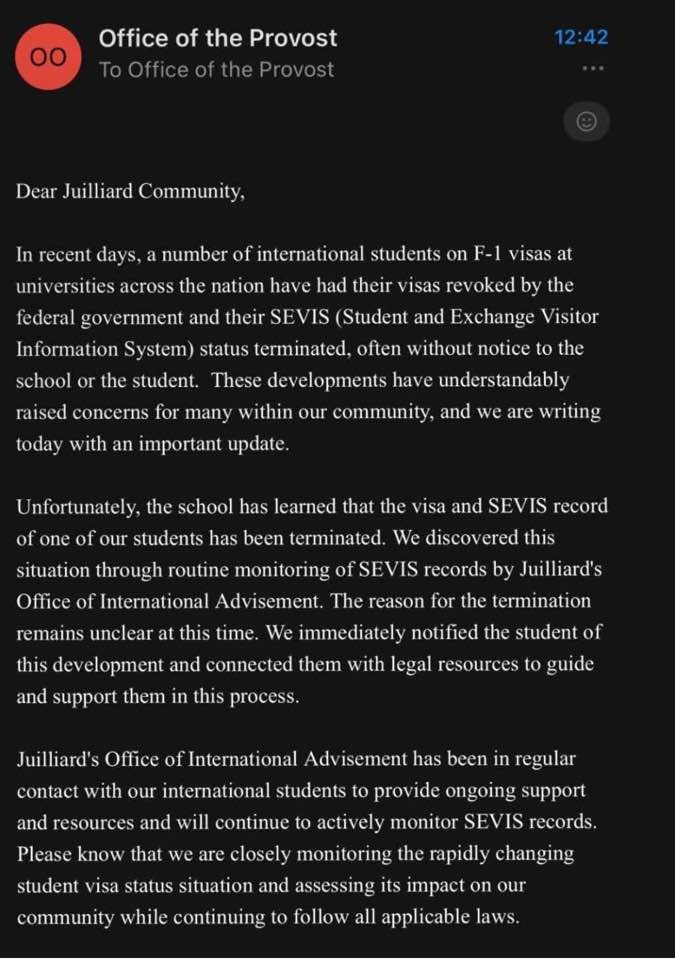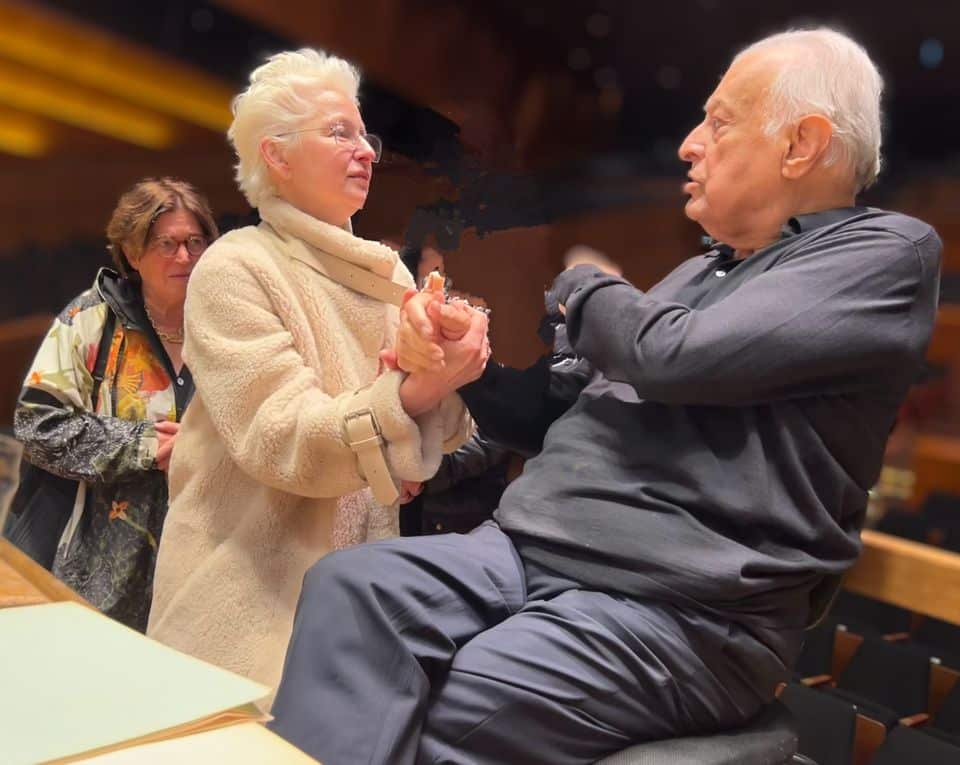The Met’s Aida opens to bad omens
OperaA tenor who was audibly below par, an extra who fell into an archaeological dig and a production that failed to justify its investment…. all went wrong at the New Year’s opening of Verdi’s Aida.
David Wright in NY Classical Review:
As the fedora-hatted archaeologist was lowered into the Egyptian temple to begin the Metropolitan Opera’s performance of Verdi’s Aida Tuesday night, he took a tumble while disengaging from his rope.
That was only the first misstep in a new production that already had the misfortune to follow a legend, and then came up with few reasons to do so.
Zachary Woolfe in the NY Times:
It was possible to take the measure of the staging on opening night, but more difficult to evaluate the cast, which was dominated by the ailing, unaccountably performing Piotr Beczala.
From his labored opening aria as the Egyptian warrior Radamès, this usually superb tenor was obviously sick, and it was announced at the end of intermission that he was recovering from a bad cold. Why, then, did the Met’s administration let him go on in the first place — and then return in the second half?
Kevin Ng in the Times (London):
Dmitry Belosselskiy as Ramfis also seemed to be ill, alternating alarmingly between a resonant bass and a woofy, muffled sound.
The Broadway director Michael Mayer’s new production, with sets by Christine Jones, nods to the opera’s European imperialist history by framing it as an archaeologist’s excavation. This directorial flourish adds little but serves as an intermittent distraction, and it doesn’t manage to cover up the fact that it’s essentially the old staging with a few added projections. The stiff, shiny costumes (by Susan Hilferty) and inane choreography (Oleg Glushkov) force the singers into a narrow strip at the front of the stage, where they are left to stand and sing as if in concert. It’s telling that Mayer’s first Met production set Rigoletto in Las Vegas — this Aida resembles a light show at the Luxor Hotel & Casino.
Heidi Waleson, Wall Street Journal: You know you’re in trouble when a grand new production of Verdi’s “Aida” only catches fire midway through the second act, after the “Triumphal March”—when Amonasro shows up.






Comments